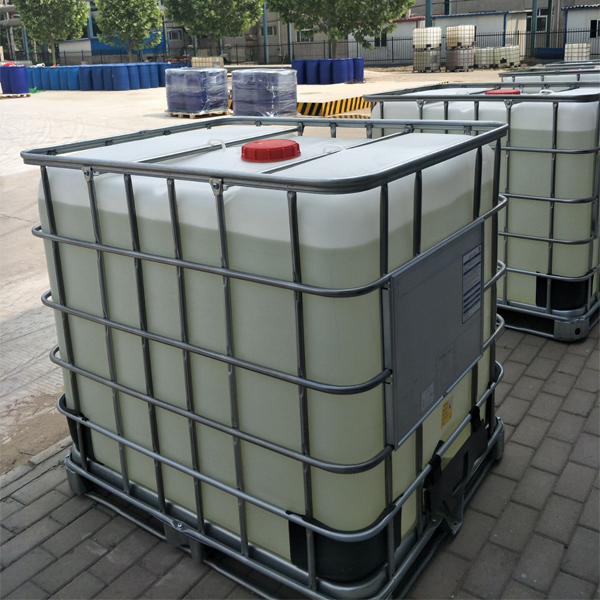
News
Th10 . 21, 2024 20:48 Back to list
chelating agent definition chemistry manufacturer
Understanding Chelating Agents Definition, Chemistry, and Manufacturers
Chelating agents, also known as chelators or sequestering agents, play a pivotal role in a variety of chemical applications, particularly in coordination chemistry. These compounds are characterized by their ability to bind tightly to metal ions, forming stable, ring-like structures known as chelate complexes. This unique binding capability makes chelating agents essential in numerous industrial processes, environmental applications, and even in medical treatments.
Definition and Mechanism
A chelating agent is defined as a molecule that can form multiple bonds with a single metal ion. This process involves the donation of electron pairs from the chelating agent to the metal, creating coordinate covalent bonds. The most common chelating agents include substances like ethylenediaminetetraacetic acid (EDTA), citric acid, and dimercaptosuccinic acid (DMSA). These agents typically contain two or more functional groups that can interact with a metal ion. The resulting chelate complex is often more soluble and less toxic than the free metal ion, which is particularly beneficial in various applications.
Applications of Chelating Agents
Chelating agents have a wide range of applications across different industries. In agriculture, they are utilized to enhance the bioavailability of essential nutrients, ensuring that plants can absorb metals like iron and manganese more effectively. In the pharmaceutical industry, chelating agents are crucial in managing metal toxicity, such as lead or mercury poisoning, by facilitating the excretion of these harmful metals from the human body.
chelating agent definition chemistry manufacturer

Additionally, in industrial settings, chelators are used in processes such as metal plating, water treatment, and cleaning agents. They help prevent the precipitation of metal ions that can cause scaling in pipes and equipment, thereby extending the lifespan of these systems. In analytical chemistry, chelating agents are often employed as reagents in titrations and to stabilize metal ion solutions, making them easier to measure.
Key Manufacturers of Chelating Agents
The global market for chelating agents has seen significant growth, leading to the emergence of multiple manufacturers that specialize in the production of these essential compounds. Companies like BASF, Dow Chemical, and AkzoNobel are among the leading manufacturers, investing in research and development to create innovative and more effective chelating agents. These companies cater to various sectors, including agriculture, pharmaceuticals, and wastewater treatment, providing tailored solutions that meet specific industry needs.
Conclusion
In conclusion, chelating agents are integral components in modern chemistry and industrial processes. Their ability to bind metal ions effectively and form stable complexes makes them invaluable across diverse applications, from agriculture to medicine. With ongoing advancements and increasing awareness regarding environmental and health impacts, the demand for efficient and safe chelating agents continues to rise. As manufacturers strive to innovate and improve their formulations, the future of chelating agents looks promising, poised to address a range of global challenges in chemistry and beyond.
-
Polyaspartic Acid Salts in Agricultural Fertilizers: A Sustainable Solution
NewsJul.21,2025
-
OEM Chelating Agent Preservative Supplier & Manufacturer High-Quality Customized Solutions
NewsJul.08,2025
-
OEM Potassium Chelating Agent Manufacturer - Custom Potassium Oxalate & Citrate Solutions
NewsJul.08,2025
-
OEM Pentasodium DTPA Chelating Agent Supplier & Manufacturer High Purity & Cost-Effective Solutions
NewsJul.08,2025
-
High-Efficiency Chelated Trace Elements Fertilizer Bulk Supplier & Manufacturer Quotes
NewsJul.07,2025
-
High Quality K Formation for a Chelating Agent – Reliable Manufacturer & Supplier
NewsJul.07,2025
